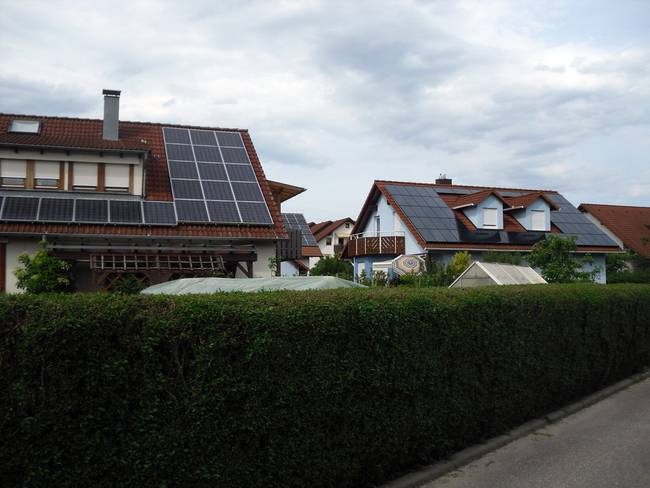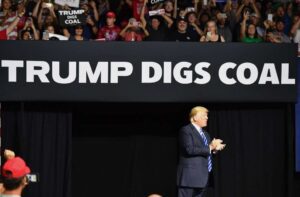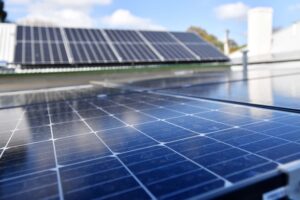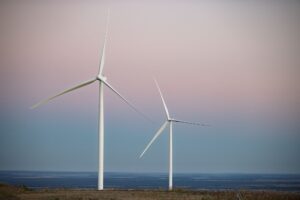The executive vice-president of the European Commission, Frans Timmermans, has delivered a key update on the next steps for Europe’s climate ambitions during an interview with the International Energy Agency (IEA), including a focus on energy justice, the electrification of homes and options for decarbonising the transport sectors.
Europe has recently shifted its 2030 target for emissions reductions from 40% up to 55%. The justification for this was to align that interim 2030 target with the broader long term target of ‘climate neutrality’ (also known as ‘net zero’) in Europe by 2050. This shift coincided with the emergence of a global pandemic that has badly damaged economies, human life, and small businesses around the world.
Timmermans highlighted the dangerous possibility that this pandemic might have served to distract from the cause of the Green Deal in Europe, but in fact served to complement it, by presenting the possibility that the cure for the impacts of COVID19 can be the same thing as the action to prevent climate impacts, in green stimulus at the scale of trillions of dollars from member countries in the European Union.
“We then did our analysis of what was needed to get to minus 55”, Timermans said. “We found three sectors where it would be most difficult to reach our goals: transport, housing and agriculture”. This is counter to the prevailing thinking that industry is the ‘hardest’ to decarbonise, but in the interview, Timmermans highlights the social, cultural and justice factors that will make or break these three sectors.
“This lesson was learned very clearly with the yellow vests in France. For many people, the car they have, which they can hardly afford or which is difficult for them to pay for, is essential for them to have their job…and if you don’t take that into the equation, you will lose the public support you need to make this paradigm shift in the way we move”.
Broad public rejection of climate policy, particularly around issues of fairness and equity, were frequently highlighted as the next, big looming challenges in Europe. “This transition will be just, or there will just be no transition…the people who are feeling left behind will stop it from happening”, said Timmermans. This is, of course, manifesting very frequently in countries like Germany, where backlash to new transmission lines to connect high-wind regions to population centres has badly stifled the country’s climate ambitions.
Last week, the European Union’s environment ministers managed to strike a deal to make the bloc’s 2050 targets legally binding, but Reuters’ Kate Abnett writes that a decision to make the 2030 target binding will be left to December. Some member countries, such as Sweden, Denmark and Luxembourg, want these climate targets to be binding on each country; as opposed to a whole of EU target currently reflected by the laws.
Announcements of climate targets from some of the world’s biggest emitters are becoming semi-frequent. Japan just announced its intention to achieve carbon neutrality by the year 2050, weeks after China announced a similar ambition for 2060. Europe is already leading the world in the decarbonisation of power, but the ‘buckshot’ of diverse and varied solutions required to do ‘the rest’ of the climate problem will become a challenge increasingly faced by those already skipping ahead on climate action.








